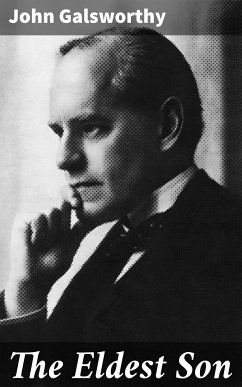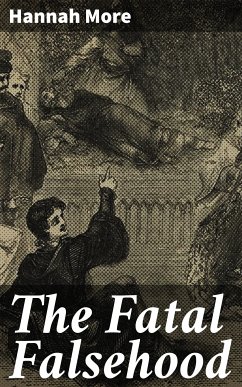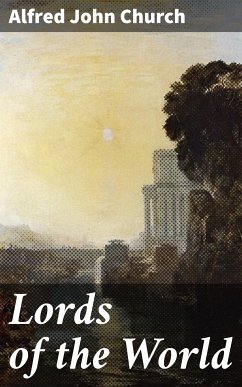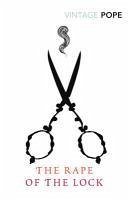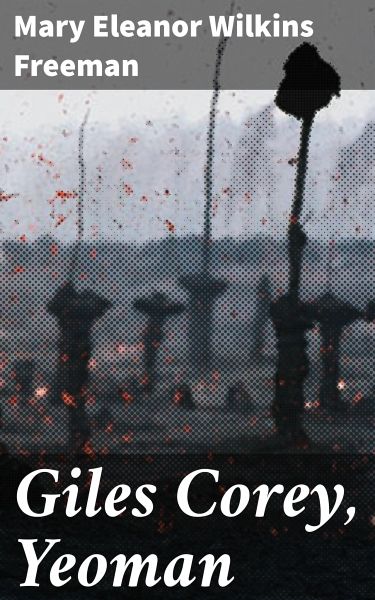
Giles Corey, Yeoman (eBook, ePUB)
A Play
Versandkostenfrei!
Sofort per Download lieferbar
0,49 €
inkl. MwSt.
Weitere Ausgaben:

PAYBACK Punkte
0 °P sammeln!
In "Giles Corey, Yeoman," Mary Eleanor Wilkins Freeman intricately weaves a tale that revolves around the historical figure Giles Corey, infamous for his tragic fate during the Salem witch trials. Through a lens of rich local color and psychological depth, Freeman explores the themes of superstition, societal conflict, and moral ambiguity, all marked by her distinctive lyrical prose and keen observations of rural New England life. Set against the backdrop of 17th-century Puritan society, Freeman'Äôs narrative captures the tensions between individual convictions and communal pressures, inviti...
In "Giles Corey, Yeoman," Mary Eleanor Wilkins Freeman intricately weaves a tale that revolves around the historical figure Giles Corey, infamous for his tragic fate during the Salem witch trials. Through a lens of rich local color and psychological depth, Freeman explores the themes of superstition, societal conflict, and moral ambiguity, all marked by her distinctive lyrical prose and keen observations of rural New England life. Set against the backdrop of 17th-century Puritan society, Freeman'Äôs narrative captures the tensions between individual convictions and communal pressures, inviting readers to reflect on the complexities of justice and human nature. Mary Eleanor Wilkins Freeman, a prominent American author of the late 19th and early 20th centuries, was deeply influenced by her New England roots and the folklore surrounding her native region. Her experiences as a woman in a male-dominated literary world informed her exploration of gender, class, and the human condition. Freeman'Äôs interest in historical narratives and the intricate human emotions within them is palpable in this work, as she endeavors to shed light on marginalized voices of the past, particularly women's experiences during turbulent times. This compelling novel is a must-read for those intrigued by historical fiction that resonates with contemporary themes. Freeman'Äôs articulated insights into the moral dilemmas and societal challenges echo through the ages, making "Giles Corey, Yeoman" a powerful exploration of the timeless struggle between individuality and collective morality. Readers will find themselves immersed in the moral quandaries faced by the characters, prompting reflection on broader societal issues, ensuring its relevance to modern audiences.
Dieser Download kann aus rechtlichen Gründen nur mit Rechnungsadresse in A, B, BG, CY, CZ, D, DK, EW, E, FIN, F, GR, H, IRL, I, LT, L, LR, M, NL, PL, P, R, S, SLO, SK ausgeliefert werden.






